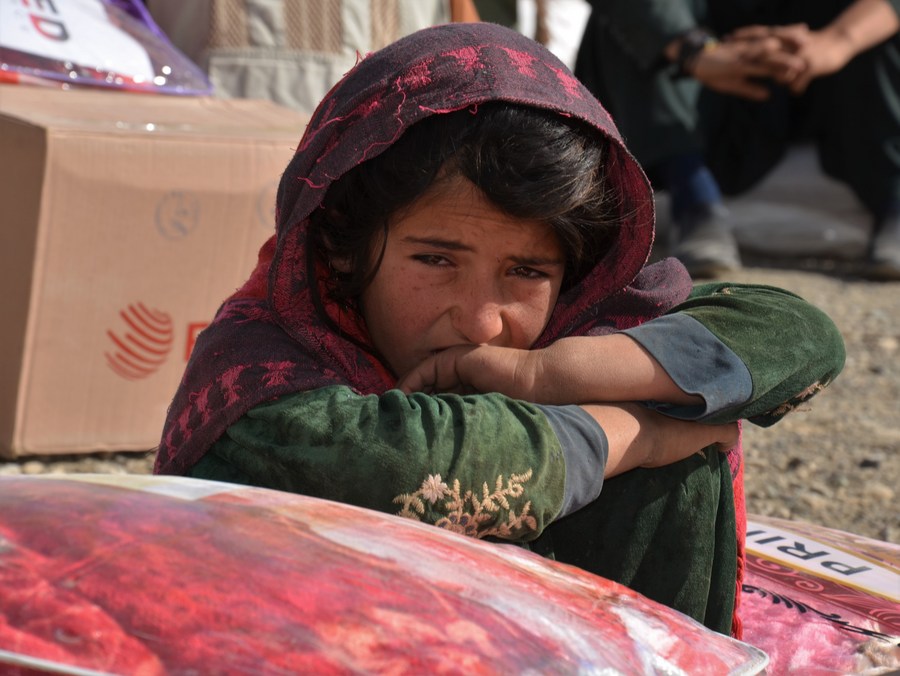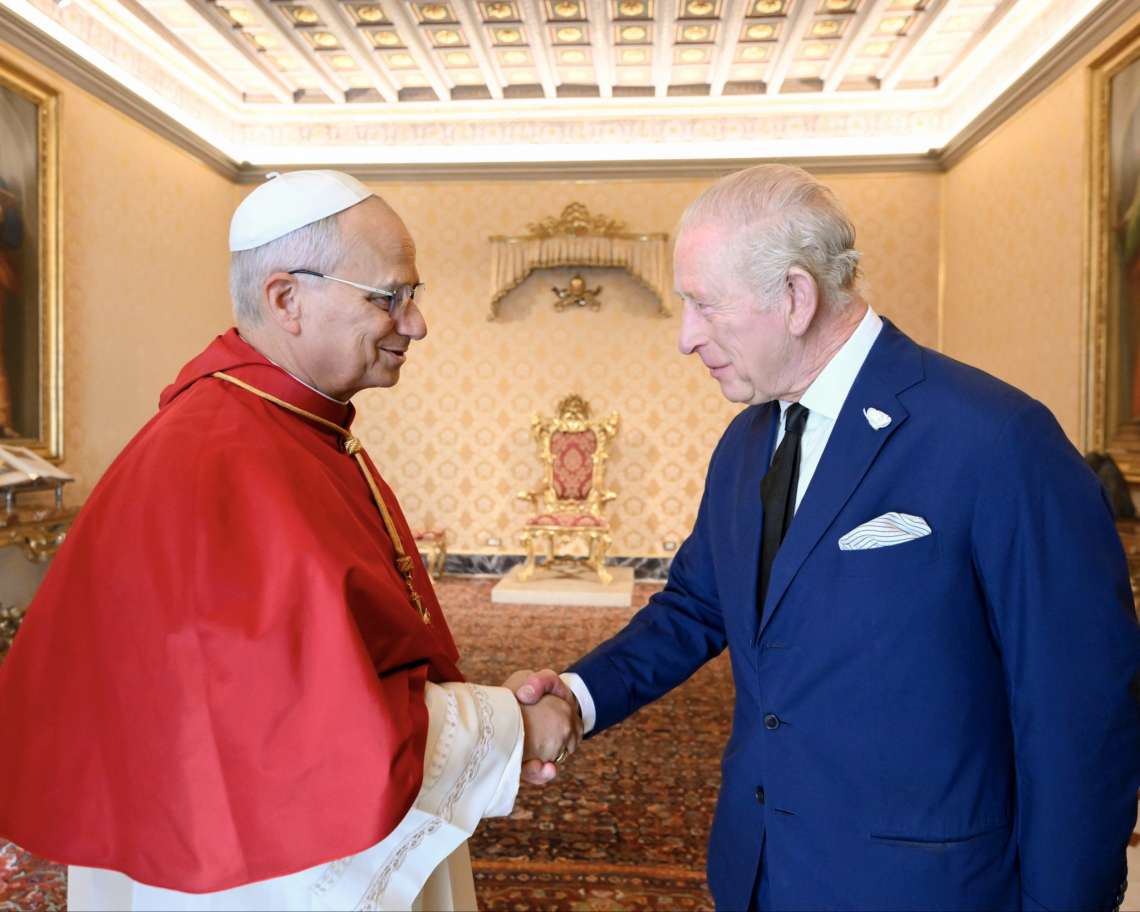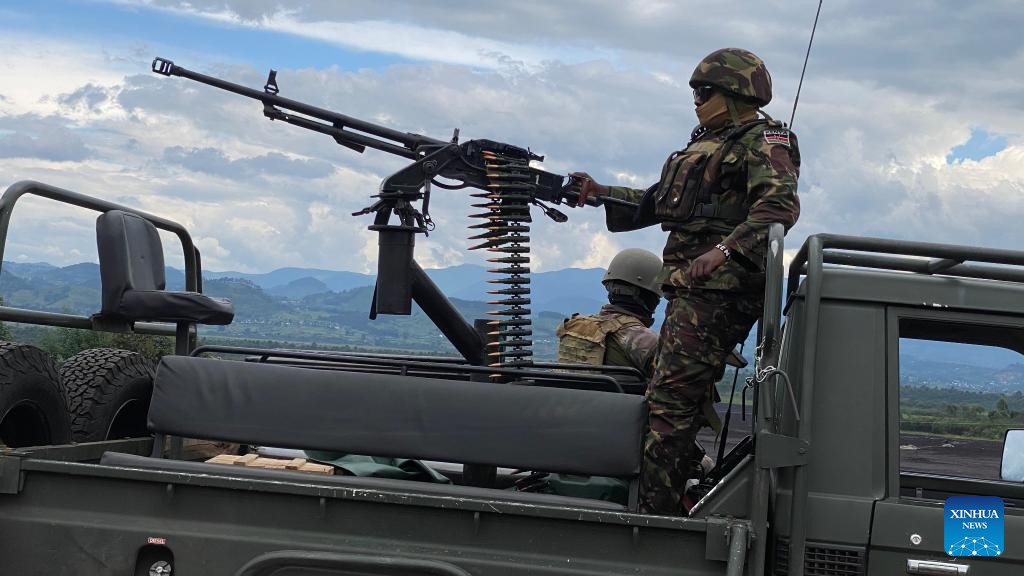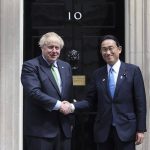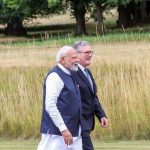British reluctance to call Afghan helpers “collaborators” and questions over their commitment to protect them from Taliban retaliation have raised serious questions, writes Mihir Bose
The debate about the data leak by the British military, which put 100,000 Afghans the British had promised to protect from the Taliban, at risk of death, has raised certain issues that are being brushed under the carpet.
The first one is the extreme reluctance by the British to describe these Afghans as collaborators. This for the British is an extremely sensitive issue. The British will happily call citizens of countries who help foreign powers that have invaded their country as collaborators, but when it comes to the British invading a country the use of the word collaborators to describe the citizens of the country that work for them is taboo.
I was made aware of this some years ago when, having dinner in a London club, I mentioned that the British could never have ruled India without the help of millions of Indian collaborators.
Until that stage the conversation had been very amicable. But now, as I used the word collaborator, my companion, who was a white British, froze, and after a long pause said, “Not collaborators, but assisters.” Yet the British could never have conquered, or ruled, India without the help of a large army of Indian collaborators which went back to Robert Clive’s victory in the Battle of Plassey.
So, it is not surprising that these Afghans are being called helpers. and even when writers use the word collaboration, they distance themselves from the actual term saying, “so-called collaborators.” This raises the question called by whom. In this case undoubtedly the Taliban who see the British, and other Western armies in their country, as an invasion of their country. Of course, Western leaders like Tony Blair and George Bush would not admit that it was an invasion. For them it was liberal intervention to rescue Afghanistan from brutal Taliban rule. In this version of history, the British were sacrificing their lives to save the Afghans. Given such a view how could the Afghans who helped the British be described as collaborators. They were brave Afghans helping the foreigners rescue them.
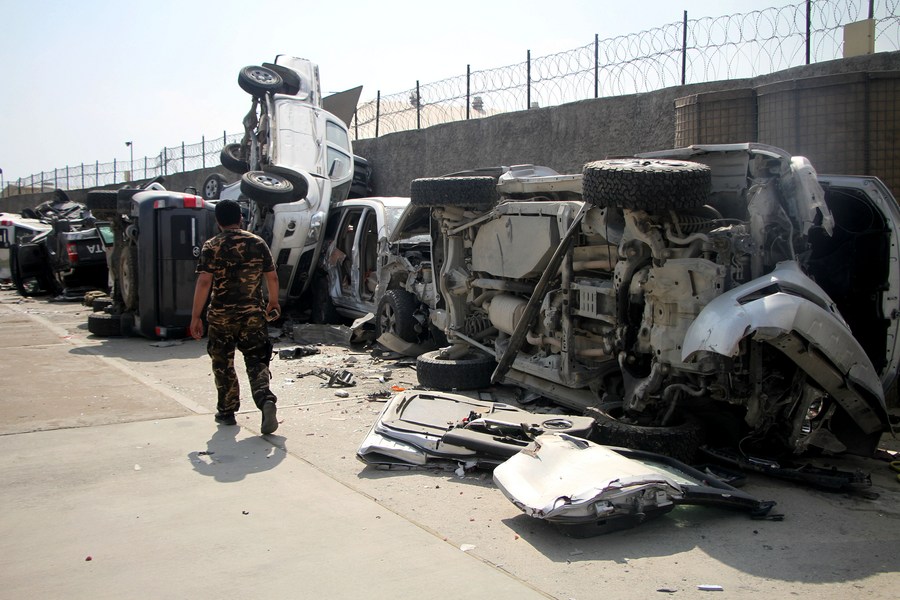
The second question, which is even more important, is that did the British really want to bring their Afghan collaborators to this country. The evidence shows they did not. They spoke about it, but they did not mean it.
Why do I say that. Let me turn to The Times which led a campaign to get the government to disclose the leak. In its issue of Wednesday July 16, which reported the government admitting that there had been a cover-up of the leak, it also had a fascinating description of a meeting of Cobra, the emergency response committee. Present at the meeting were, as the Times put it, “A “rag-tag” group of junior ministers and officials from several government departments.” This was because most of the senior people were on holiday. A government insider told The Times, “The MoD kept saying it won’t be an issue. The tone from the MoD was that people on the list would never have qualified, so who gives a shit.” In other words, for all the talk of saving the Afghans who had collaborated with the British, the MoD, the government department responsible for the rescue of these Afghans, had no intention of doing so.
And that should not come as a surprise. It has always fascinated me that whenever there is talk of how India won independence the Britain get very mournful that India was partitioned when the British left. For a start it is based on the myth that the British had united India like it had never been united before. This, of course, is nonsense because the British never united India. They had never ruled all of India, a third of India with half the population, were ruled by Indian rulers who had total internal autonomy in their states. India had been united before under many kings, in particular Ashoka in the 3rd century BC, more than a 1000 years before the British knew anything about India or had set their eyes on the country.
But Indian independence and the partition that followed did see the British abandoning people, but these were the Anglo Indians, the mixed-race people who the British had used as a buffer between them and India. They had done all the heavy lifting for the British. They were the police officers who would brandish their lattis on the Indians protesting about British rule. They were the ones who ran the jails where Indian freedom fighters were imprisoned. All the dirty work that needs to be done in running the empire were done by them. The British had always kept them at a distance and when they left India, they left them behind. Of course, with the Anglo Indians the British had a problem.
This mixed-race community had come about when the British had mixed socially with the Indians and taken Indian wives, there were very few cases of British women taking Indian husbands. But this stopped very early in British rule. For much of their rule while the British met Indians during official work, they kept away from Indians socially, and sexual relationship were a no-no, almost always resulting in the person who had taken an Indian partner being ostracised. The result was the Anglo Indian, as if looking for a father who had abandoned them, strove to be even more British than the British in the hope the father that would finally relent and acknowledge them. But the British father never did, and the result was the Anglo-Indians took their bitterness out on the Indians and were often more savage in their treatment of the Indians than the British were.
A further complicating factor was the colour of their skin. An Anglo-Indian could never be sure that their children would be white, the colour they desperately wanted them to be. The mixing of races meant some of them could turn out to be very dark indeed. The result was that having presented themselves as white British they were suddenly faced with having to cope with the child that clearly did not look like a white person. This led to deception. So, Merle Oberon, an Anglo-Indian who was born in Bombay and became a Hollywood star, concealed her Anglo-Indian heritage.
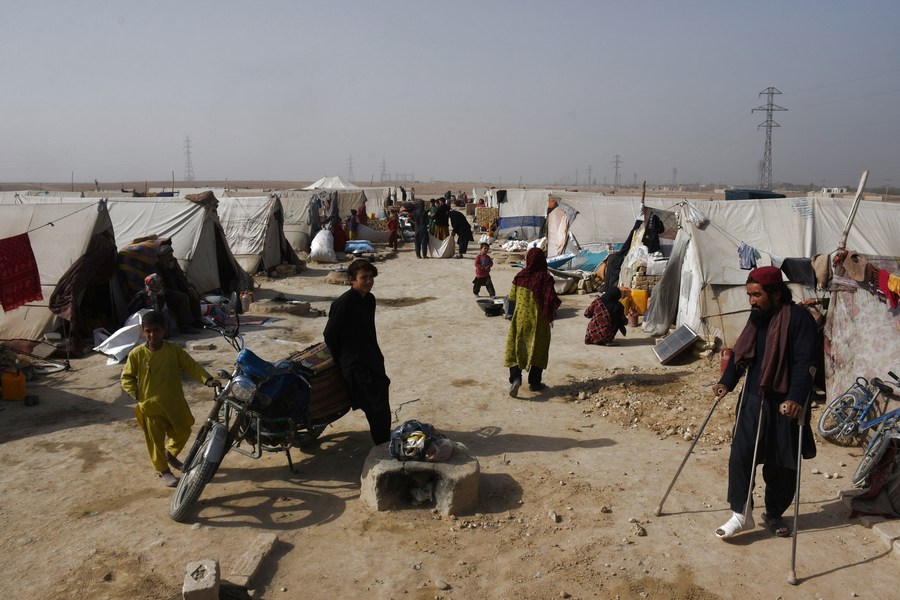
This is still the case now. That is why the Anglo-Indians, who have settled in this country, never want to talk about their Anglo-Indian heritage. I have met Anglo-Indians, some of them very white, who acknowledge that their community has never emerged to proclaim their identity for fear this may mean acknowledging Anglo-Indians who are not white. There can be no doubt that this fear can be traced back to the way the British abandoned them when the left India.
Frank Antony, a distinguished member of the Indian parliament, the Indian constitution having guaranteed a seat for the Anglo-Indians, summed it up brilliantly when he titled his book Britain’s Betrayal in India: The Story of the Anglo-Indian Community.
For Afghans, mixed-race children will clearly not be an issue. But we shall have to wait some years to find out how they have felt about the way the British have treated them. Provided that is their story does not attract a super injunction as the MoD leak did, preventing it from being revealed.
Mihir Bose is the author of Thank You Mr Crombie, Lessons in Guilt and Gratitude to the British.


